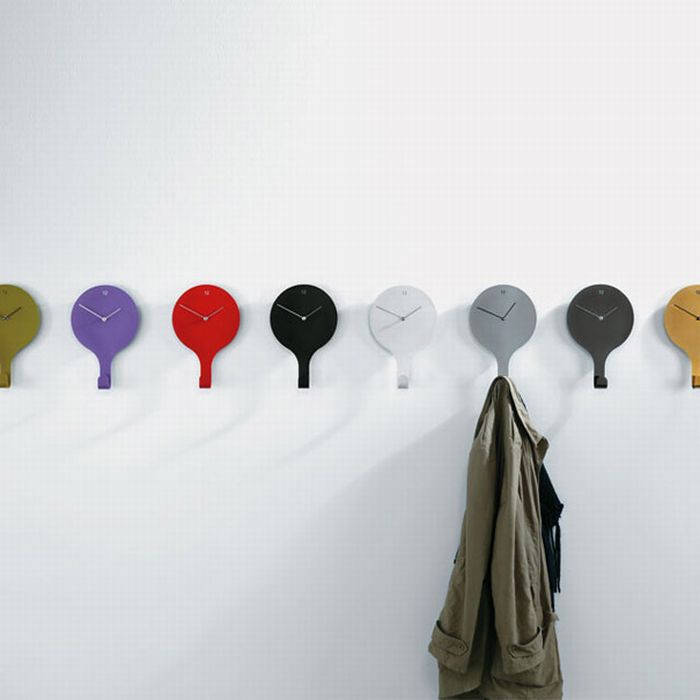|
|
Creative Clock
|
Navigation
Navigation by ships and planes depends on the ability to measure latitude and longitude. Latitude is fairly easy to determine through celestial navigation, but the measurement of longitude requires accurate measurement of time. This need was a major motivation for the development of accurate mechanical clocks. John Harrison created the first highly accurate marine chronometer in the mid-18th century. The Noon gun in Cape Town still fires an accurate signal to allow ships to check their chronometers.
Use of an atomic clock in radio signal producing satellites is fundamental to the operation of GPS (Global Positioning System) navigation devices.
|
|









